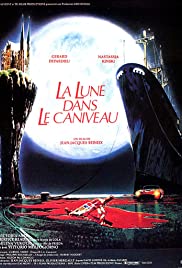Tsuitô no zawameki Soundtrack (1988)

Buy on Amazon Play and download Soundtracks
Noisy Requiem
Noisy Requiem
Noisy Requiem
Synopsis
Tsuitô no zawameki is a Japanese film directed by Kôji Fukada. The story follows a young woman named Haru who returns to her hometown after a long absence. She reconnects with her family and childhood friends, but soon realizes that the past she left behind is still haunting her.
As Haru delves deeper into her memories, she uncovers dark secrets and hidden truths that threaten to unravel her present life. The film explores themes of family, identity, and the passage of time as Haru struggles to come to terms with her past and find a way to move forward.
Tsuitô no zawameki is a poignant and thought-provoking drama that captures the complexities of human relationships and the impact of our past on our present. It is a film that will leave viewers reflecting on their own lives and the choices they have made.













